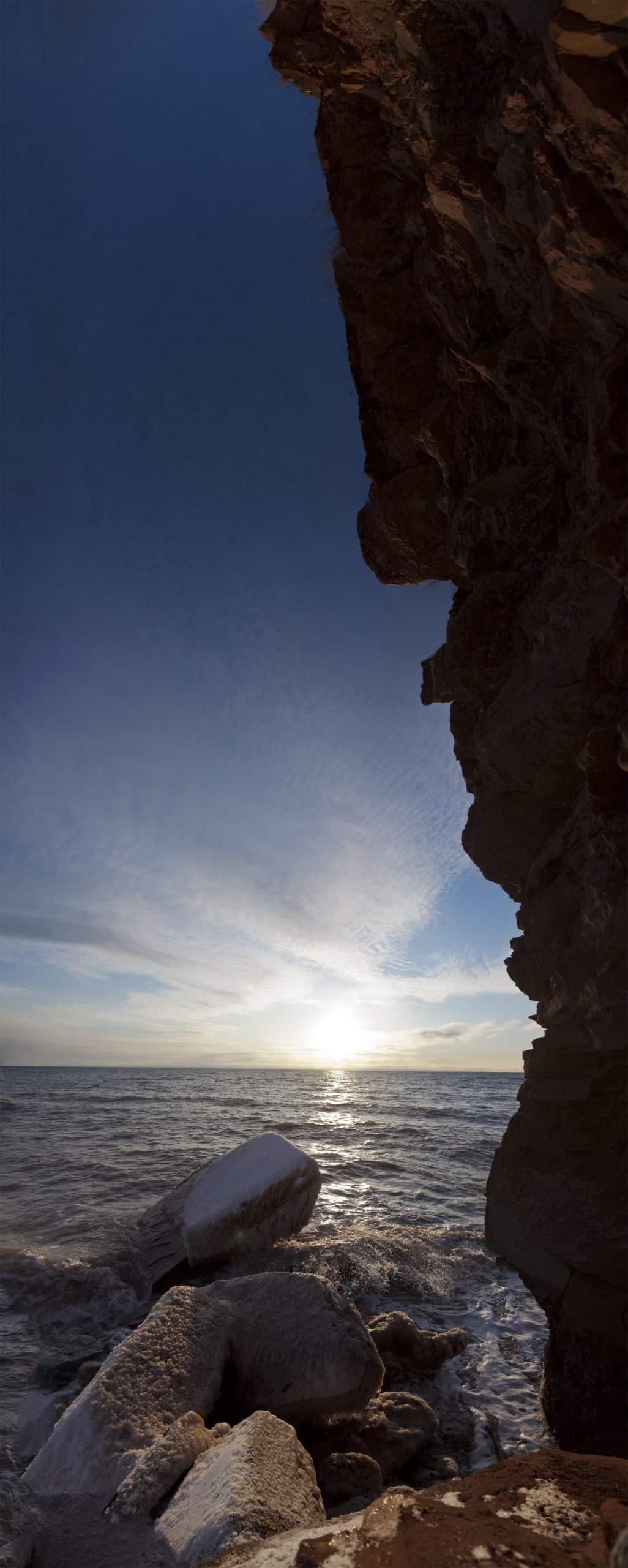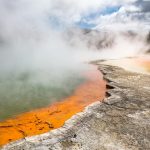Camping is an age-old tradition engraved in the hearts of outdoor enthusiasts. However, as the warm summer nights transition into the cold and wet British winter, the need for effective warming technologies becomes increasingly apparent. Portable heaters, insulated sleeping bags, and waterproof tents are just the tip of the iceberg when it comes to staying warm and dry during those unforgiving winter months. In this article, we explore various non-electric warming options to ensure you get a good night’s sleep, even when camping in the harshest of UK winters.
The Power of Insulated Sleeping Bags
Sleeping bags play an essential role in providing warmth during cold camping nights. They are your primary line of defence against the chilly air.
A voir aussi : How to identify and avoid toxic plants during wild camping trips in the UK?
The best sleeping bags for winter camping are designed with a close-fitting mummy shape that keeps your body heat trapped inside. They also have insulated hoods, draft tubes along the zippers and neck gaiters to seal in heat. The fill material is also crucial; synthetic insulation can keep you warm even when it’s wet, but down-filled bags, though more expensive, offer superior warmth-to-weight ratio and pack down smaller. Always remember to choose a bag with a temperature rating lower than the coldest temperature you expect to encounter.
Moreover, a good quality sleeping pad is essential, as it provides a layer of insulation between your sleeping bag and the ground, preventing the cold ground from sapping your body heat. Air-filled and self-inflating pads provide good insulation and are more comfortable than foam pads, though the latter are more durable and reliable.
A lire également : What mobile apps provide the best offline maps for camping in remote UK locations?
Tents: Your Shelter Against the Elements
Choosing the right tent can make a significant difference in your comfort levels. Tents not only provide shelter from rain and wind, but they also trap a layer of air that can be warmed by body heat, thus acting as an insulator.
Double-walled tents are the best choice for winter camping. The inner layer is breathable, which allows moisture from your breath and perspiration to escape. The outer layer, also known as the rainfly, is waterproof and wind-resistant. The space between the two layers traps air, which when warmed by your body heat, adds an extra layer of insulation.
When pitching your tent, try to do so in a spot that is naturally sheltered from the wind, such as behind a large rock or in a grove of trees. However, do ensure the location isn’t prone to flooding or avalanches.
Portable Heaters: Creating a Warm and Comfortable Environment
While electricity may not be available when camping in remote areas, you can still achieve a warm and comfortable tent environment using portable heaters.
Gas heaters are a popular choice amongst winter campers. They operate on propane or butane, and although they produce carbon monoxide, modern models come equipped with safety features like low-oxygen sensors and tip-over switches. When using a gas heater, ensure there’s adequate ventilation to allow fresh air in and let the carbon monoxide out.
Another type of portable heater is the catalytic heater. These heaters use a catalytic reaction to break down propane, producing heat in the process. They are safer than traditional heaters because they operate at lower temperatures and don’t produce a flame, reducing the risk of fire or burns.
The Magic of Hot Water Bottles
Finally, hot water bottles are simple, safe and effective warming tools. They’re especially handy when you’re tucked up in your sleeping bag and need a bit of extra warmth.
To use a hot water bottle, fill it with hot (not boiling) water and seal it tightly. Wrap it in a towel or put it in a specially designed cover to protect your skin from burns, then place it in your sleeping bag to pre-warm your sleeping area before bedtime. The heat from the bottle will radiate and provide warmth for hours.
Remember to use a high-quality bottle to avoid leaks, and never use the hot water from a stream or lake as this can contain harmful organisms. Always boil the water first or use clean, potable water from a reliable source.
By equipping yourself with the right gear and knowledge, you can enjoy camping all year round, even during those cold UK winter nights. Just remember to always prioritize safety when using any heating devices and always prepare for unexpected weather changes.
The Benefits of Portable Tent Heaters
Your camping gear is incomplete without a portable tent heater, especially when camping during cold UK nights. Tent heaters are an excellent addition to your camping essentials, providing that extra boost of warmth when temperatures drop.
Fueled by propane or butane, portable tent heaters can heat up your tent quickly and efficiently. These heaters are specifically designed for outdoor use and come with numerous safety features. For instance, they have an automatic shut-off feature that triggers when the heater is tipped over or if it detects low oxygen levels in the tent.
Diesel heaters are another viable option, although they are bulkier than other portable heaters. They are, however, highly efficient and can provide heat for a longer duration. These heaters are well-suited for larger tents or group camping situations.
Remember, safety is of utmost importance when using any kind of heater inside a tent. Always ensure proper ventilation, never leave the heater unattended, and switch off the heater before sleeping.
Innovative Uses of Electric Blankets and Hot Water Bottles
When it comes to staying warm during cold camping nights, never underestimate the power of the humble hot water bottle or electric blanket.
Hot water bottles, though an old-fashioned technique, can be a lifesaver in cold weather. Filled with hot water and tucked into your sleeping bag, they can provide warmth for several hours. They are safe, easy to use, and do not require any power source. Ensure the bottle is well-sealed to prevent accidental leaks and wrap it in a soft cloth to avoid direct contact with your skin.
Though not strictly ‘non-electric’, electric blankets offer an alternative for those camping at sites with an available power source. They are soft, comfortable, and can be adjusted to your preferred temperature. However, they need a power source to function, making them less portable than other options.
Conclusion
Winter camping in the UK can be a challenging yet rewarding experience. With the right gear and a bit of know-how, you can stay warm and comfortable even on the coldest of nights. Remember, the key is to layer up – insulated sleeping bags, a good quality sleeping pad, a double-walled tent, portable tent heaters, and the magical hot water bottle or an electric blanket can all contribute to a warm and cozy camping experience. Always prioritise safety in all your heating arrangements, ensuring proper ventilation and care in handling hot items. With these in mind, you’re ready to conquer the cold and enjoy the beauty of winter camping.










